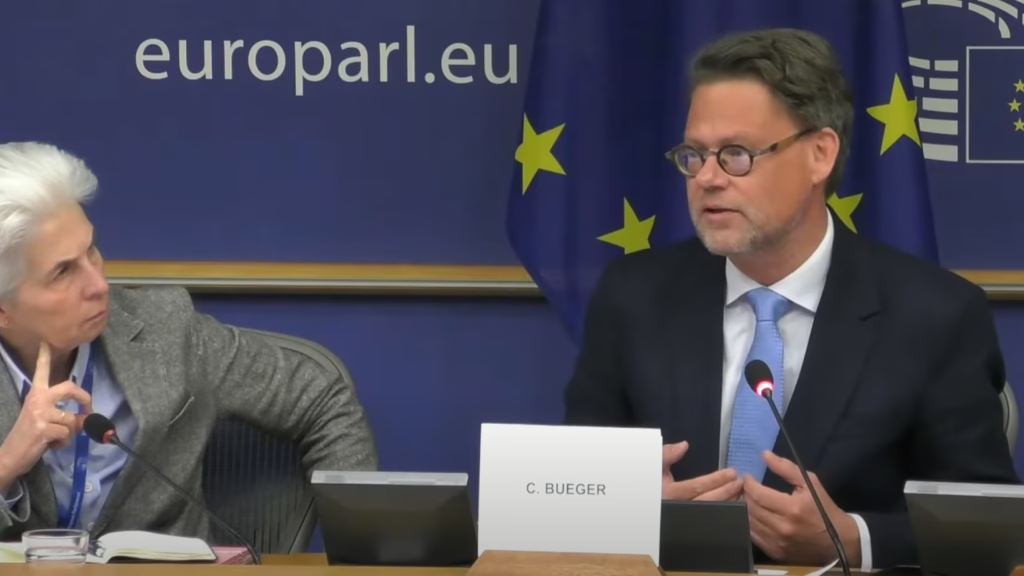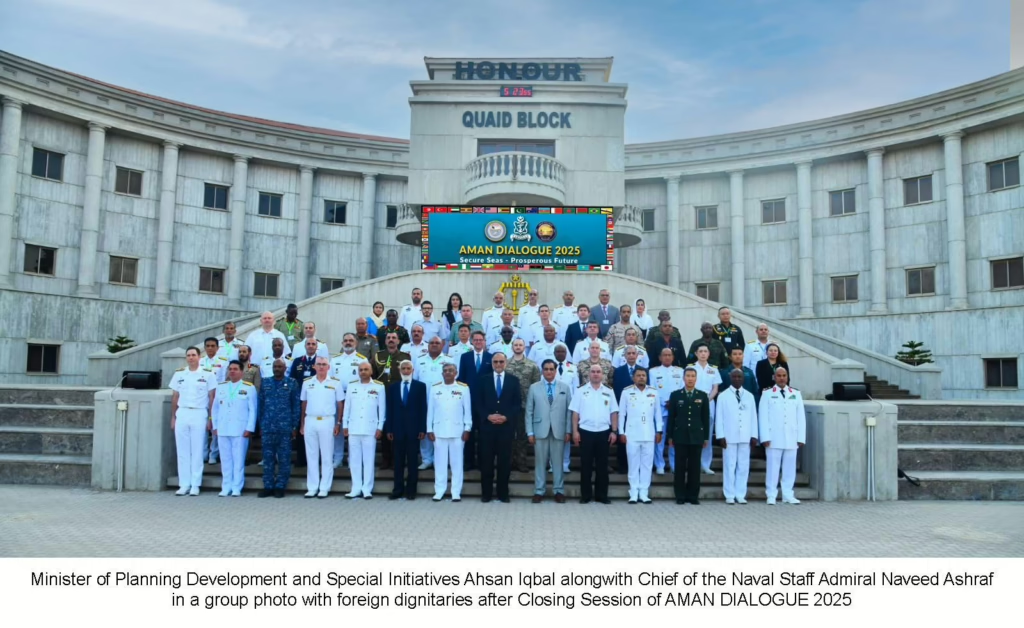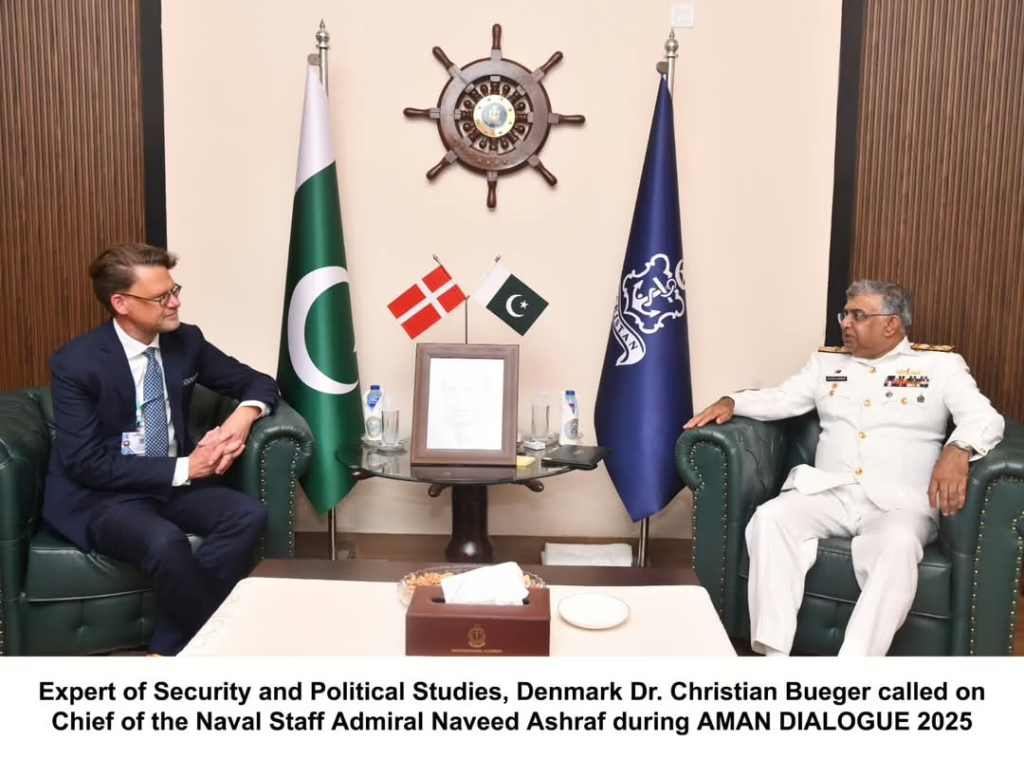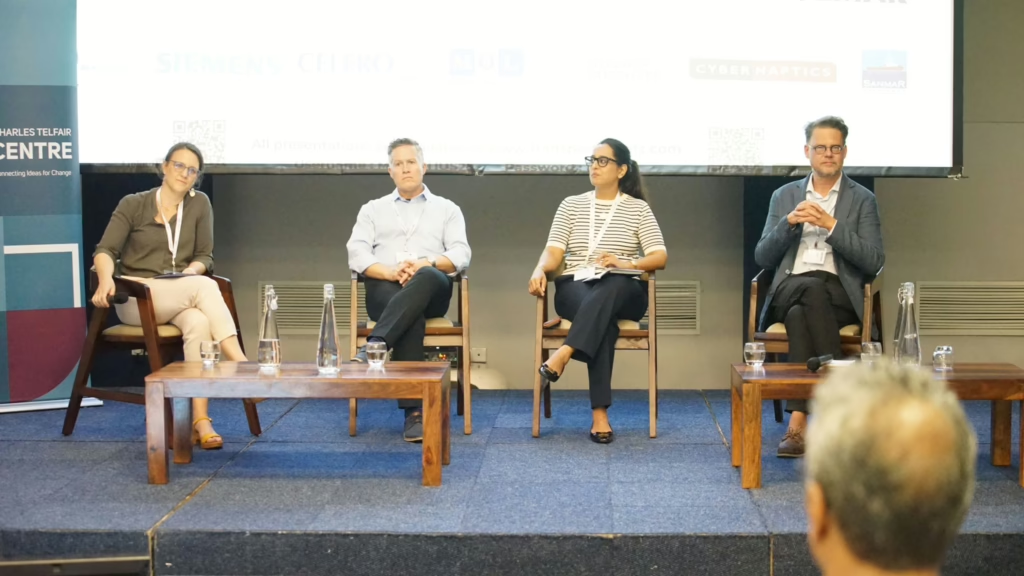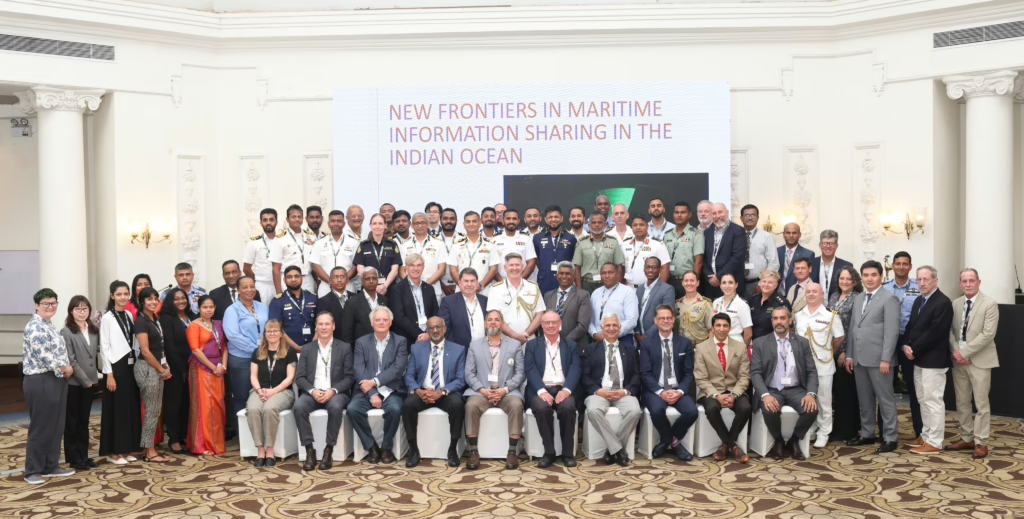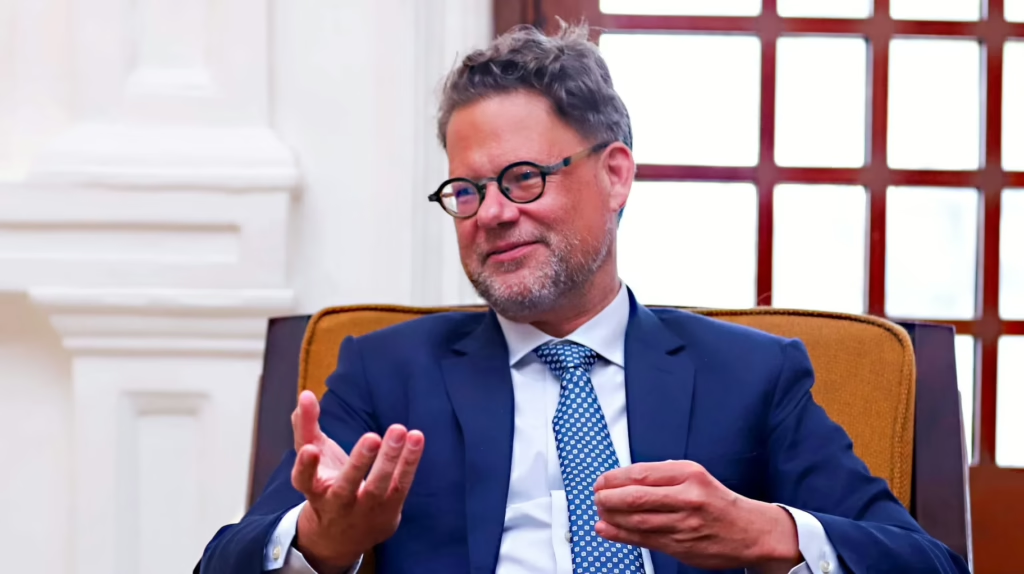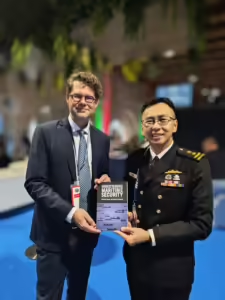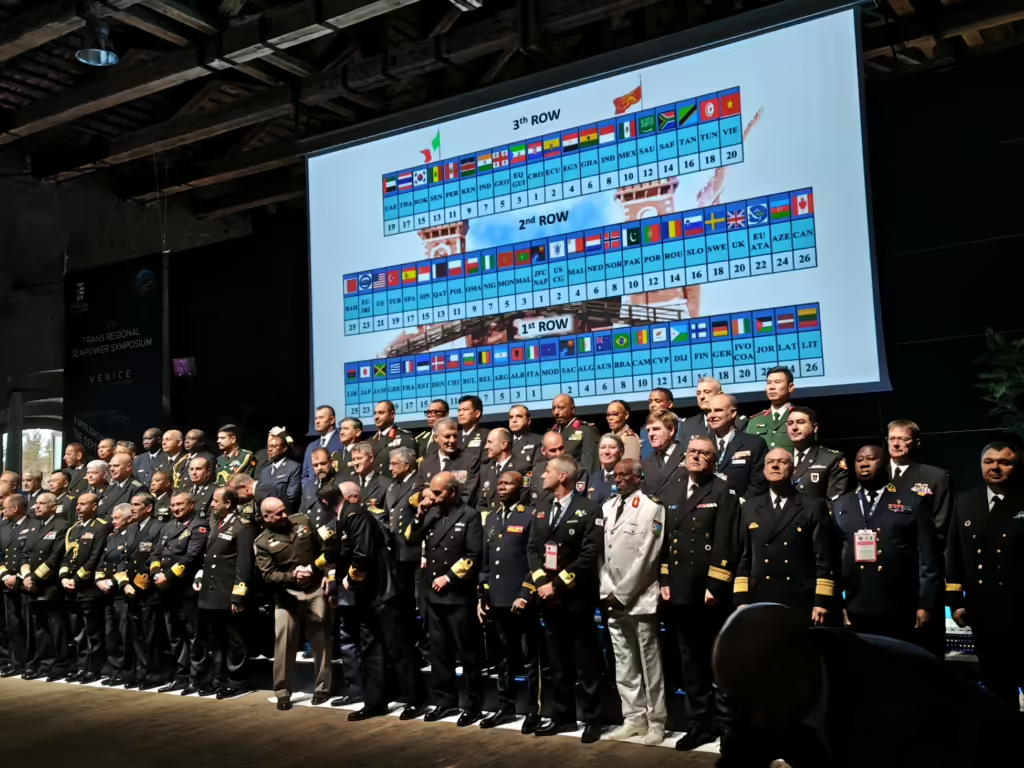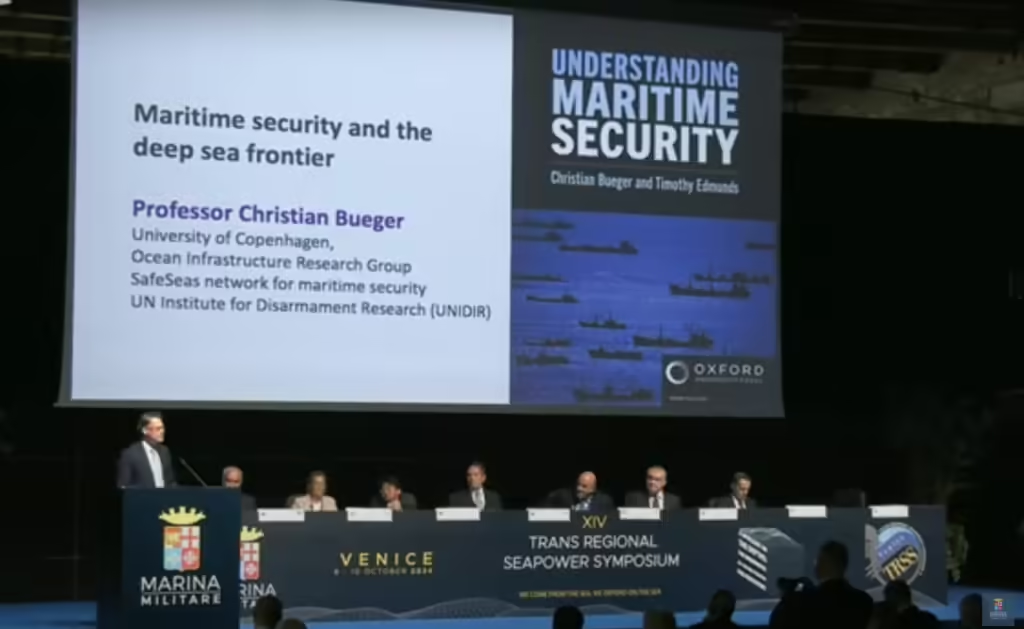This week, I had the privilege of contributing to Colombia’s Navy Strategic Foresight seminar – a fascinating glimpse into how one of South America’s most capable maritime forces is preparing for 2055.
Colombia’s unique position as a two-ocean country, with coastlines on both the Pacific and Atlantic (through the Caribbean Sea), has shaped its navy into not just South America’s largest, but a recognized regional maritime security leader. From counter-narcotics operations to counter-piracy missions in the Western Indian Ocean, and the countries role as a global partner of NATO, Colombia maintains a impressive global profile.
At the seminar I gave a lecture on the future of maritime security and participated in a round table. I emphasized Colombia’s potential to lead maritime security across Latin America, the Caribbean, and the broader Atlantic region. I also stresses the role of the navy in protecting critical maritime infrastructure – particularly as Colombia pursues its ambitious goals to become both a renewable energy powerhouse and a digital leader.
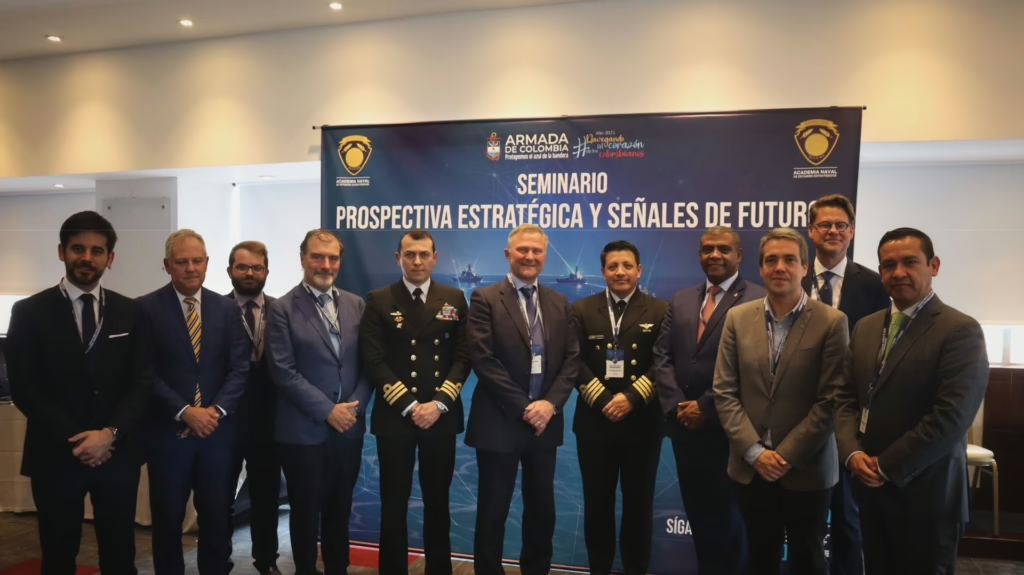
The country’s enormous offshore wind potential and its reliance on secure subsea data cables make maritime infrastructure protection a national security imperative. It was eye-opening to see how naval strategy is evolving beyond traditional threats.
Other participants highlighted several important maritime security trends, including automation and AI integration in naval operations, proliferation of disruptive weapons and surveillance technologies, including autonomous systems, escalating cybersecurity challenges, the adaptability of criminal organizations, and the prospective threats of grey zone warfare in the region.
My time in Bogotá also provided valuable insights into Colombia’s comprehensive approach to regional security, including the innovative counter-narcotics naval campaign Orion and the regional analysis center CMCOM.
